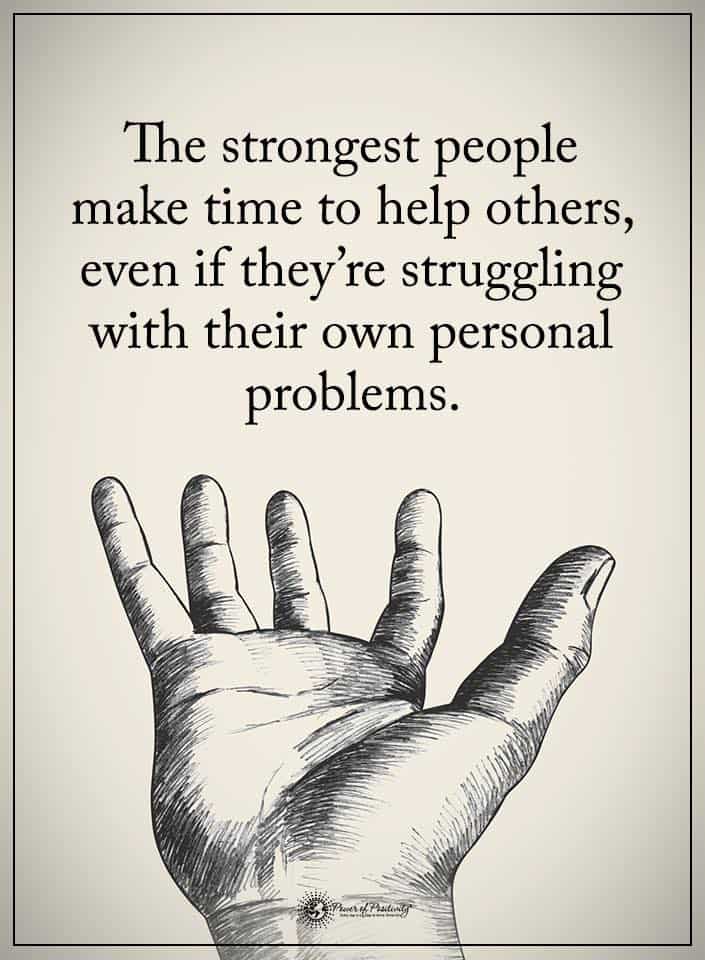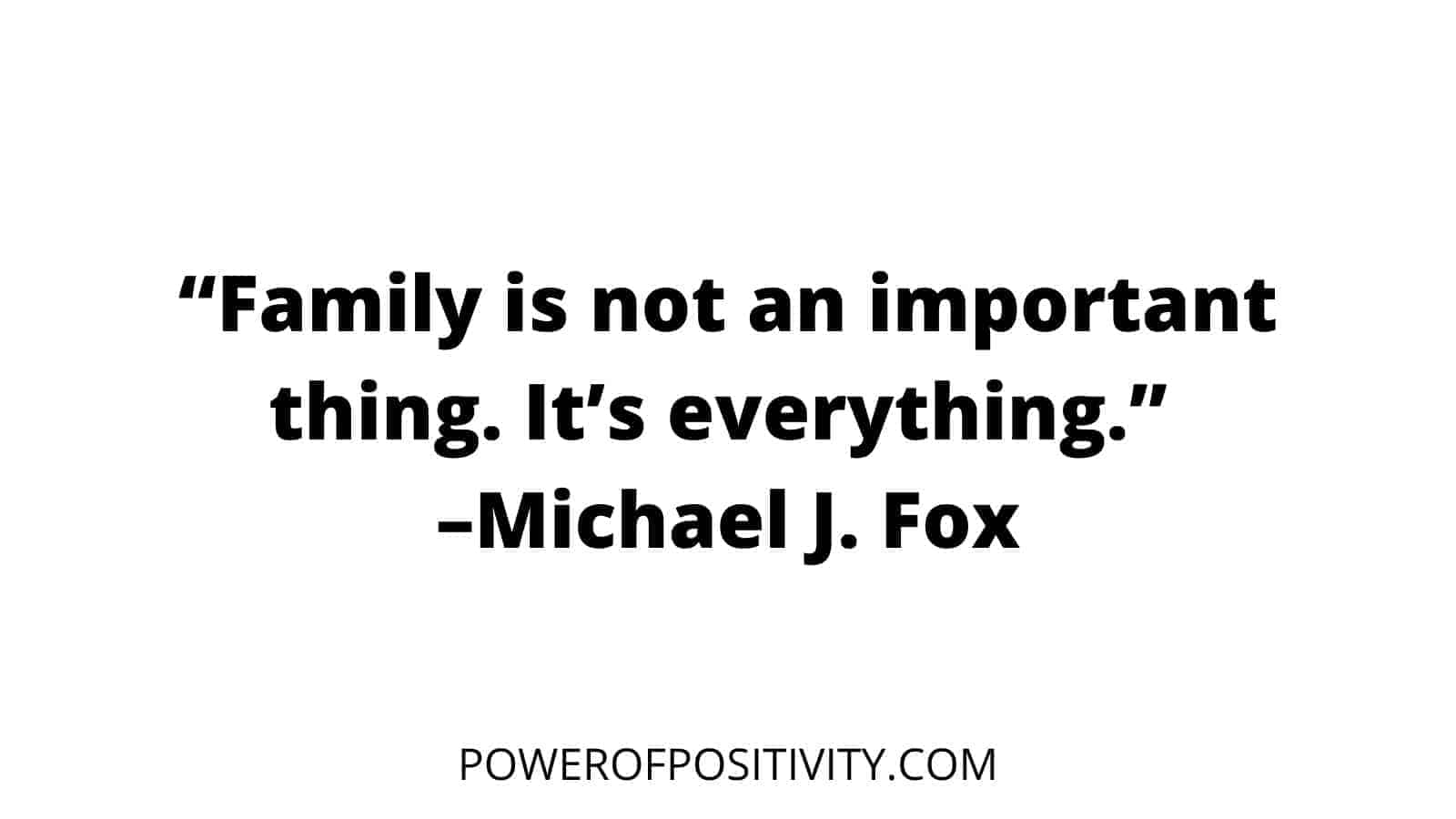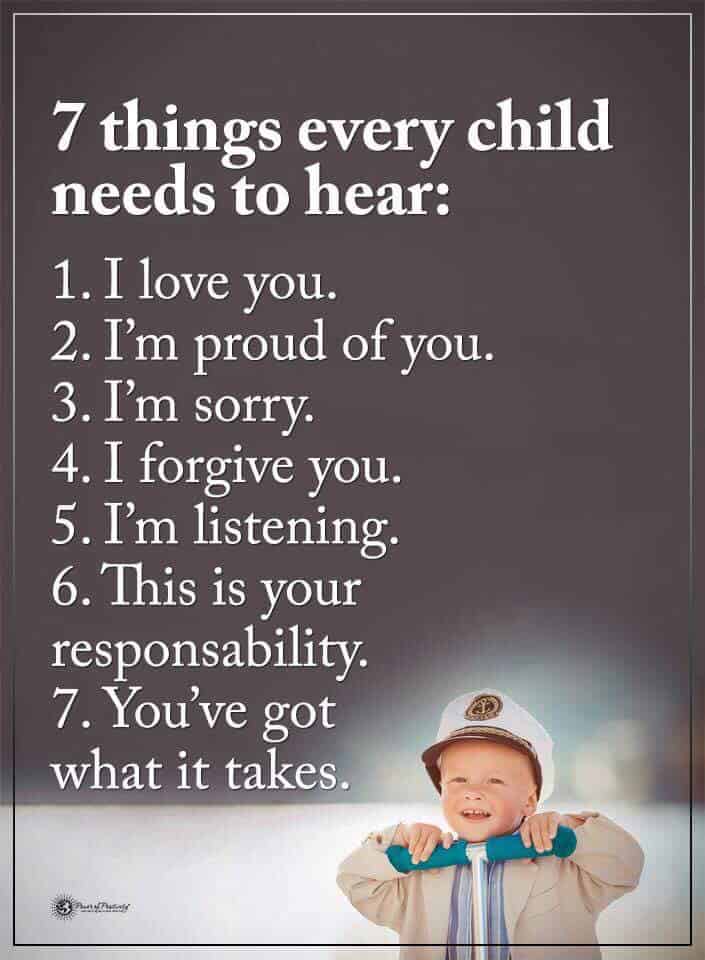When you come across a strong woman, you’ll know it the moment she enters the room. Strong women give off a vibe of self-confidence that anyone could spot from a mile away, and she tackles any situation she faces head-on. She might stumble and fall along the path to success, but she never gives up. A strong woman perseveres through the storms life tosses at her, and doesn’t allow a little rain to take away her sunshine. She knows what she wants in life, goes after it, and doesn’t depend on anyone else for what she wants. She stands out because she doesn’t need attention or validation from anyone. Her self-confidence, drive, and ambition come from within, and she’s certainly a force to be reckoned with.
Strong Women Do These Eleven Things Different From Others
Do these sound like any women in your life?
1. She takes some time for self-care.
One of the less obvious keys to success is self-love and self-care because, without those, a successful woman knows she’s already up a creek without a paddle. Successful, strong women know that they can’t possibly reach their goals if they don’t take care of the person in the mirror first. You cannot get from Point A to Point B if you don’t nurture yourself along the journey, and take time out for #1.
2. She’s not afraid to stand on her own.
A strong woman does not need anyone standing in front, behind, or beside her to get things done. They set their goals, figure out how to achieve them, and then get after it. Simple as that. A strong, successful woman learned a long time ago that no one would come along to save her, so she saved herself. She fights battles, tames dragons, and walks through the fire by herself, without anyone holding her hand. This makes her virtually unstoppable, and she knows it.
3. Strong women do not make excuses.
No matter her life circumstances, she rises with the tides and does whatever she needs to in order to make it to shore. She doesn’t let her mind get in the way of her success, because she knows that she’s more than capable of achieving what she wants. “Mind over matter” is one of her favorite life mottoes, and she certainly lives by it.
Excuses get in the way of results, and a strong woman knows she can’t have both. So, she recognizes that she is her only limit, and in realizing this, she knows that her true power lies in her mindset.
4. She doesn’t waste time complaining.
You can either complain and let yourself be a victim, or you can rise above your challenges and be a warrior. Obviously, she chooses the latter. Although she might get angry or frustrated about something, she doesn’t let it hold her down for too long. She simply gets back up, tries again, and refuses to let petty life problems get in her way.
Complaining only drains her energy, so she chooses to put that energy into something useful and create something out of nothing. She builds castles out of dust because she chooses to make the best of each situation and work with what she’s got.
5. She continually challenges herself.
Complacency is pretty much equal to death in her world, because when you get too comfortable, you stop growing. When you stop growing, you become stagnant, lazy, bored, and depressed. So, to combat these negative feelings, a strong, successful woman will always have goals to tackle. She’ll always have some sort of project or activity going on to keep her mind busy, even if that just means reading one of her favorite books. Whether working on a new business or simply learning a new recipe, a strong woman always challenges herself to try new things and expand her knowledge and skillsets.
6. Strong women stay on top of finances.
Sure, all of us go through hard times in life, and we may even have to start over from scratch at some point. However, a strong, successful woman will do everything she can to stay on top of her money. She’ll cut out absolutely anything unnecessary in order to keep more cash in her pocket, and she won’t buy anything unless she really needs it. She puts that extra money into her dreams, knowing it will pay off in the end.
7. She keeps an open mind and loves to learn.
While strong women tend to have strong opinions and beliefs about things, they also keep an open mind and learn from others. Strong women treat life as a school and know that none of us ever really graduate. Change is inevitable in life, so we must rise to the occasion and use new skills and knowledge constantly if we want to survive. Strong women love to learn new ideas and ways of tackling issues. They are natural problem-solvers and will bury their heads in books and sit in the front row of class to learn all they can to become the best version of themselves.
8. She works to improve all facets of her life, not just her job.
Strong, successful women know that there’s much more to life than just working to bring home a paycheck. If you’re financially wealthy but physically sick, what good does that do for you and your family? Exactly. A strong woman knows she must take time to work on other things in her life besides just her job. So, she makes time for her family and friends, exercises regularly, eats healthy, engages in activities that make her happy and fulfilled, and does whatever she needs to do to be a whole person. She lets her job work her for; not the other way around.
9. She helps everyone around her.
Another facet to success that most people don’t think about is lifting others up around you. After all, what good is a win if you don’t have a team to help you celebrate? Strong women know that there’s more to life than just focusing on themselves, so she gives back to others and hopes that they, too, can reach success in their own lives.
The happiest, strongest people don’t just look out for others and want the best for themselves; they want everyone to get their own slice of the pie, too. No one can reach the top of the pedestal alone, and strong women know that people who work together are more likely to succeed. So, she encourages everyone around her, and may even partner up with some of them in order to achieve her dreams.

10. She manages her time wisely.
The phrase “time is money” still applies today. If you aren’t willing to go out there and make money somehow, someone else will. If you have an idea but don’t act on it, someone else will. Therefore, a strong woman has her priorities straight; she doesn’t waste hours scrolling through endless posts on Facebook, Twitter, or Instagram, she doesn’t binge-watch entire seasons on Netflix, and doesn’t allow herself to get caught up in the petty drama. She allows herself to have downtime, of course, to catch up on shows and social media, but she doesn’t allow them to overtake her life.
“Work first, play later” is a mantra she lives by so that she spends time on the most important things first. She allows time for work and writes down her goals for the day. Then, when she attends to her responsibilities, she takes time for herself. She finds balance in life through managing her time so that mental burnout doesn’t happen.
11. Strong women know how to take risks.
A strong woman knows she must sometimes play on the wild side to get anywhere in life. She knows that without risks, she won’t be able to achieve her goals. However, she takes calculated risks, weighing the options and knowing which steps to take to ensure her success. She doesn’t put all her eggs in one basket, instead prefers to put her assets into several endeavors so that if one fails, she can still pursue the others.
She works smarter, not harder so that her work can actually pay off without leaving her exhausted and lacking resources to continue on her path to success.







